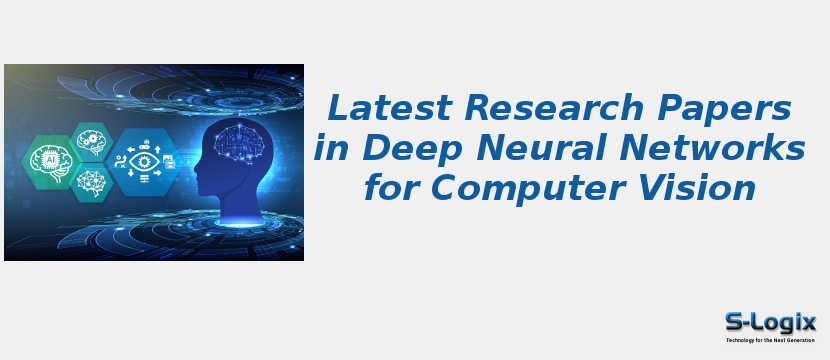Deep neural networks (DNNs) for computer vision are a core research area in artificial intelligence, focusing on enabling machines to interpret, analyze, and understand visual data such as images and videos. Research papers in this domain explore architectures including convolutional neural networks (CNNs), residual networks (ResNets), densely connected networks (DenseNets), recurrent neural networks (RNNs) for sequential visual data, and transformer-based models (e.g., Vision Transformers) for image recognition, object detection, segmentation, and video analysis. Key contributions include feature extraction, hierarchical representation learning, transfer learning, attention mechanisms, generative modeling (e.g., GANs for image synthesis), and multi-modal learning that integrates visual and textual data. Recent studies address challenges such as high-dimensional data processing, occlusion handling, real-time inference, robustness to noise and adversarial attacks, and deployment on resource-constrained devices. By leveraging deep neural networks, research in computer vision aims to achieve accurate, efficient, and scalable visual understanding systems for applications in autonomous vehicles, healthcare imaging, surveillance, augmented reality, and robotics.
